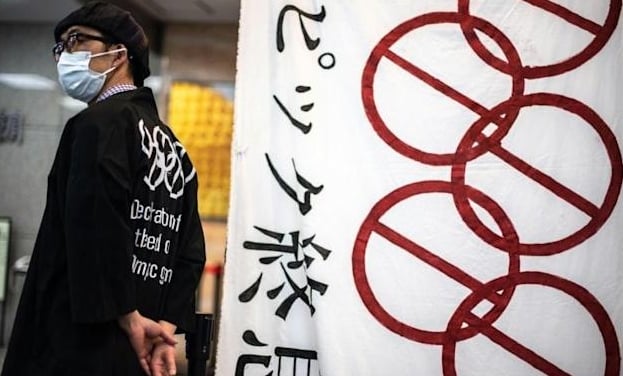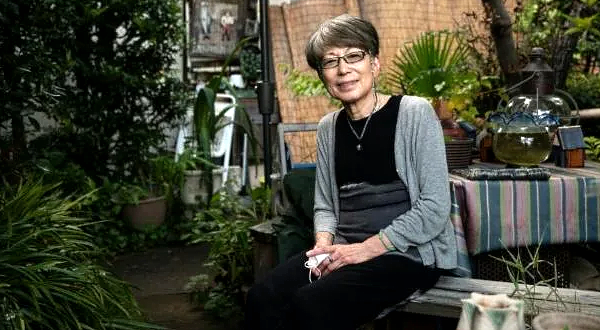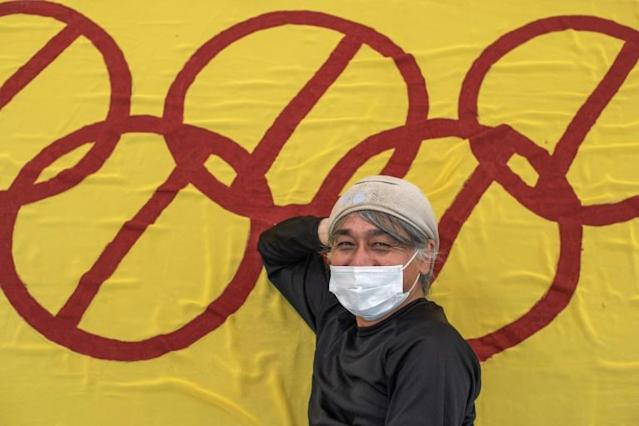By Kyoko HASEGAWA
TOKYO, Aug 2 (AFP) — Kai Koyama was standing outside Tokyo's Olympic Stadium as fireworks burst overhead during the opening ceremony but unlike many of those around him he wasn't cheering, but protesting.
For months, polls showed strong opposition to the Games in Japan, which only grew as virus cases surged and the country's vaccine programme got off to a sluggish start.
But since the opening ceremony, sentiment seems to have softened.
More than half of the city's residents watched the opening extravaganza on TV and long lines have formed by the Olympic Stadium as people wait to have their photo taken with the Olympic rings.
Japanese athletes have won a record number of gold medals and shops selling Games merchandise have reported a surge in sales.
None of that sways Koyama and other long-time opponents of the Games, who continue to stage demonstrations, even if they tend to draw just a few dozen people.
"Lives are more important than medals!" chanted demonstrators outside Prime Minister Yoshihide Suga's office in Tokyo on one recent evening.
Koyama was among them, urging Suga to cancel the Olympics and focus on Japan's latest surge in coronavirus cases, which has put Tokyo and other regions in a state of emergency.
"I'm so angry," the painter, in his 40s, told AFP.
"We are in an emergency situation… people are dying every day, but the Olympic Games are still going on."

Coronavirus threat
Tokyo 2020 is being held under strict anti-virus rules, with spectators banned from most competition venues.
But Koyama argues that holding the event sends the wrong message and encourages people to flout restrictions and risk infection.
He was outside the Olympic Stadium on July 23 when the shouts of protesters using loudspeakers could be heard in the nearly empty venue.
"I felt powerless and angry when I saw the fireworks at the National Stadium that told us the Games had started, despite opposition from 80 percent of the Japanese public."
Koyama has channelled his frustration into an art exhibition called "Declaration for the end of the Olympic Games", bringing together works by artists who oppose the event.
Exhibits include the clay sculpture "Ruins", in which Olympic rings, an olive-leaf wreath and a hand are covered by pale sand.
"There are athletes who perform with great skill, and people who enjoy watching, and I think that's a wonderful thing. But I feel people take the threat of the coronavirus too lightly," artist Sachiko Kawamura told AFP.
Kawamura argues "the way money is spent (on the Games) is wrong".
The government should be concentrating on dealing with the virus rather than spending on the Olympics, she said.

'Forced to watch'
While the virus has driven some misgivings about the Games, others in Japan opposed Tokyo's host bid from the early days, including 55-year-old painter Takatoshi Sakuragawa.
He struggled to understand why the country was competing for the competition in the International Olympic Committee vote in 2013 when it was still reeling from a 2011 tsunami that left more than 18,000 people dead or missing and triggered a nuclear disaster.
"I wondered why they were pouring energy into something like the Olympics even after our worst-ever disaster," Sakuragawa told AFP.
The Tokyo bid committee said the Olympics would help rebuild the disaster-hit area through the "power of sports".
But a poll in March among residents of regions hardest hit by the 2011 disaster found 61 percent disagreed that the Tokyo Games were helping reconstruction, against 24 percent who agreed.
Only a handful of Olympic events are happening in the affected area, many without spectators.
Koyama said he was shocked that Olympic organisers were willing to ignore public opposition, calling them "anti-democratic and dictatorial".
And Sakuragawa said he was trying to avoid Games coverage even though he enjoys watching sport.
"But whichever TV channel I turn on has them, so I'm kind of forced to watch."

ADVERTISEMENT
ADVERTISEMENT


































